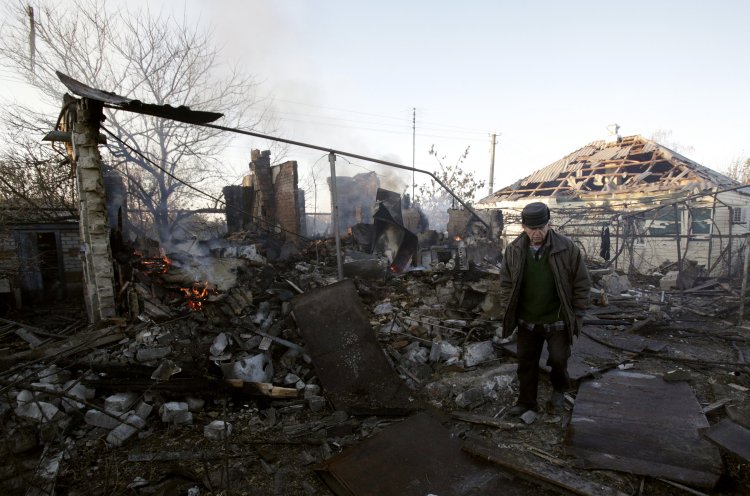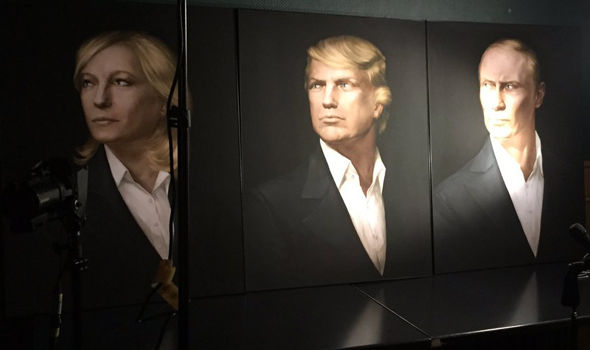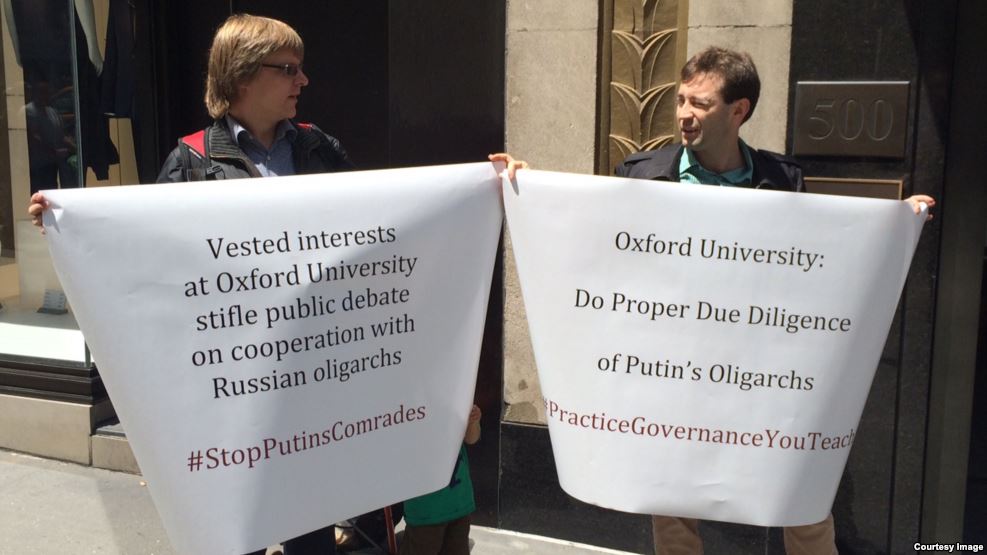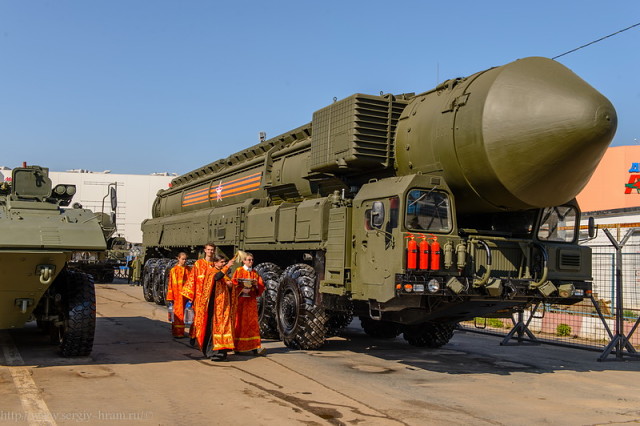The Donbas is no longer at the center of Moscow’s foreign policy, but it remains very much a part of Russia’s domestic agenda because the Donbas and Russia have “more in common” than many think in that both are “state-centric” systems that have not allowed the rise of pluralism on which modernity relies, Maria Snegova says.

In an article on the Gefter.ru portal, the US-based Russian commentator draws attention to the observation of Yevhen Glibovitsky, a political analyst in Ukraine’s Nesterov Group, that there are some “curious parallels between the current situation in the Donbas region of Ukraine and the future of Russia.”
Underlying these similarities, he suggests, is “the state centricity of both systems.”
In the Donbas, “over the course of 25 years has been conserved the Soviet system of state administration where the role of the party is occupied by private structures,” something that sets it off from the rest of Ukraine and makes it more like the situation in Russia today.
Unlike in other parts of Ukraine, Glibovitsky argues, “these proto-Soviet institutions” in the Donbas have not changed under the influence of the pluralist component of Ukrainian political culture and have preserved a harsh power vertical.” That vertical was put at risk by the Maidan and the flight of Viktor Yanukovych.
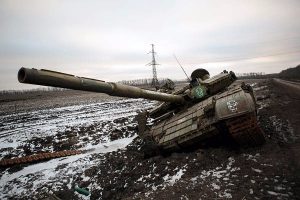
“For Russia, as for the Donbas,” Snegovaya writes in extending Glibovitsky’s observations, “state centricity with a cult of the state has been historically characteristic.” As some Western observers have pointed out, in Russia, the citizen is the servant of the state which is always primary, while in the West, the government is the servant of the citizen.
The cult of the state, she continues, is “connected with the lack in Russia of a humanistic tradition. In medieval Europe the gradual desacralization of political power led as a result of the replacement of god-centric images of the world to human-centered ones: in the center of the world was elevated man and the derivative ideas of human rights, freedom and pluralism.”
Russia, however, did not pass through this process in anything like the same decree, and its moves in that direction were largely destroyed by the Bolsheviks after 1917. “As a result, “Russia historically didn't know any other autonomous institutions besides the State and any values except for blind obedience to the autocratic Lord.”
That led to “the formation of a cult of the State and the sacralization of power,” to the notion that “all power is from God!” And that in turn meant and means that “a political leader is viewed not as an executor of the popular will but as ‘a master,’ the object of paternalistic expectations” that only he can produce justice.
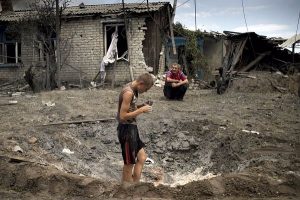
The statist approach promoted by the Soviet Union weakened in the 1990s and led to the rise among almost all parts of the population of a demand for the restoration of a strong state. Even liberals, as Snegovaya points out, wanted a Russian Pinochet who could restore the power of the state and thus in their view make progress possible.
In 1999, Vladimir Putin reflected these views when he said that Russia was not about to become “a second edition” of the American or British systems because “we have a state and its institutions and structures always have played an exceptionally important role in the life of the country and the people.”
Further, the future president said, “a strong state for a Russia is not an anomaly and not something which one must fight but--on the contrary--a source and guarantee of order, the initiator and chief moving force of any changes.” Thus, in Putin’s view, what was lost in 1991 was not so much the Soviet system but “the State.” And its restoration is his chief goal and claim to fame.
There is irony here in that “the medicine itself has turned into an illness,” the Russian expert says. The harsh vertical of power Putin has created is “destroying all lower-level institutions and again restoring that historical harsh carcass of the Russian state which is so subject to falling apart.”
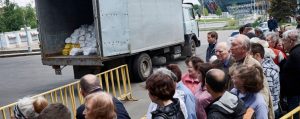
Glibovitsky stresses, Snegovaya points out, that “the collapse of the state system in the Donbas strengthened on its own” because when there was clearly no one in charge and there were no lower level institutions of civil society to take the place of the state, people descended into a Hobbesian world of a zero-sum game of all against all.
As a result, there arose “the criminal bands and the cult of force and violence just like in Russia in the early 1990s,” he argues. But because of the experience of freedom or perhaps better anarchy, however brief, “the construction of a new power vertical in its old place has turned out to be more difficult.”
In this way, Glibovitsky argues, “the Donbas represents a model of the collapse of the post-Soviet system of a hierarchical type,” precisely the kind of regime Putin has sought to restore. But what that means for Russia, Snegovaya suggests, is that, if the supreme ruler disappears from the scene, “the system will inevitably begin to fall apart.”
“The paradox” here, “she argues, “is that the Russian leadership which is ever more strongly pushing state-centered visions of power itself is increasing the likelihood of such a scenario.” Instead of promoting federalism and civic freedoms, “the Kremlin is building a rigid, inflexible system” and thereby making a Donbas scenario ever more likely for Russia.
Related:
- Life in the "DNR": lining up at the soup kitchen
- Russia brings only poverty
- Poverty and slavery as the basis of separatism in Donbas
- Russian military analyst: The forces in Donbas are Russian Army
- Ever more Russians are at risk of repression as Putin's Russia heads toward totalitarianims
- Putin's Russia well on its way to 'criminal neo-totalitarianism' with a 'neo-terror' and 'neo-GULAG,' Pastukhov says

